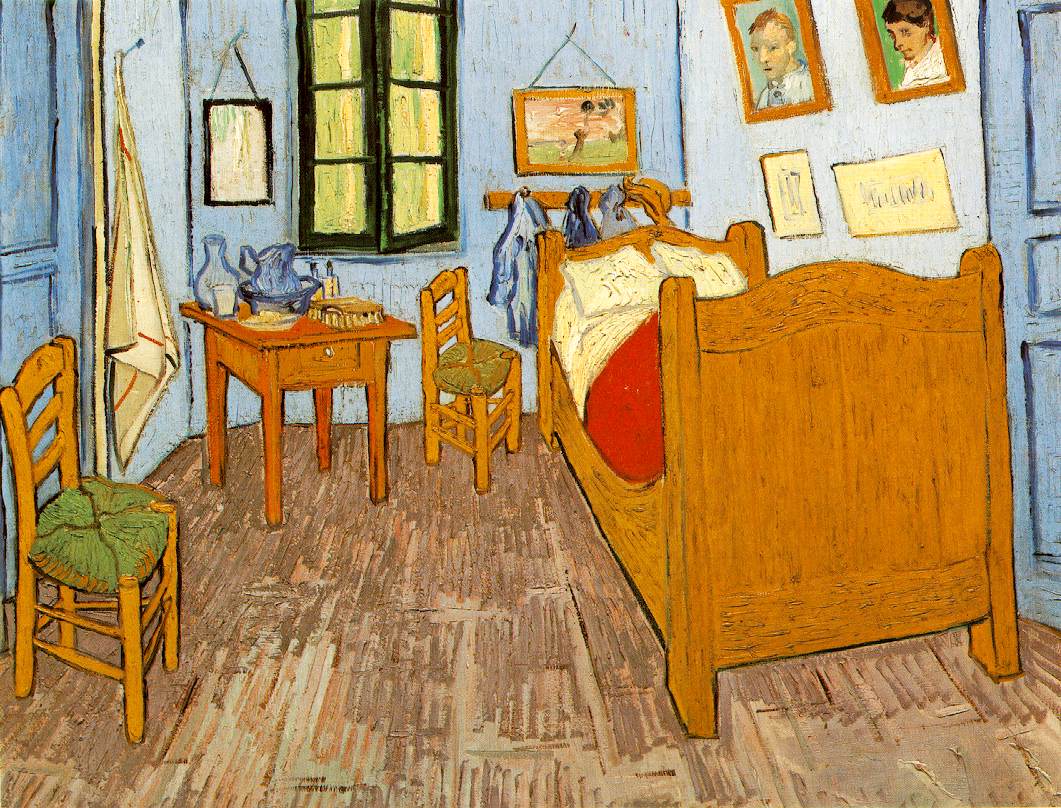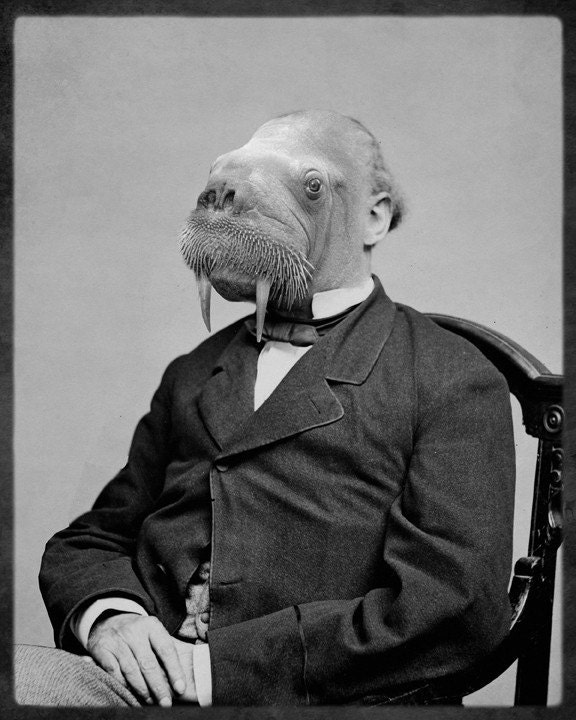
1. Introduction
1.1 Politics and Ethics, Art and Attempt —If politics is the attempt to live with others, then ethics is the art of living with oneself. Perhaps it was not always like this —before, when there was faith, ethics was the art of attempting to live with God. Now that God has died, however, each has become his own judge. Although it might be that despite all that faith God never existed —in which case the art of living with God has always been the attempt at living with oneself, and the deity nothing but the name that we gave to that part of ourselves that we erected as judge.
1.2 The Insidiousness of Politics —And yet the others insist in introducing themselves into our inner life, promoting themselves to corporals and generals in our secret army of private judges. Parents, friends, and lovers —all of them populate our interior solitude, looking, looking, approving and reproving, contradicting each other, fighting. And despite the death of God, the necessity to please, the desire not to hurt, the need to receive approval from the judge remains in us —burning desire and unending source of anguish. This is our curse —or my curse, at least: formally, we are convinced immoralists, but the shadow of Buddha (c.f Gay Science) —the shadow of a multitude of Buddhas with familiar faces— remains in our inner caves, projecting itself imposing and frightful.
1.3 Lutzscher, Niether —Perhaps this was the shadow from which Luther was trying to liberate himself with The Freedom of a Christian. The pure interiority of the Lutherans, sola fides, sola scriptura —what is it but a theological getaway car from the weight of political judgment, the judgment of the others? The Christian alone before his God is nothing else than the Christian alone before himself. In this sense, Nietzsche is a direct descendent of Luther, and his solipsistic will-to-will the logical conclusion of that radical interiorism that seems to constitute the bottom line of the modern German rebellion against the tyranny of the others.
1.4 Inner Dissatisfaction — Were my constitution different, this total interiority could perhaps provide me with absolute solace. However there is in me an uncontrollable desire for the others, for the exterior. This is why Bataille and his ethics of risk, gamble and laceration are so attractive. It is not trivial that Bataille was so concerned with the bodily and the sexual: in the interior/exterior dichotomy the body belongs to the exterior. This might be the origin of Lutzscher’s complicated relationship to sex —marrying a nun and dying with guilt, getting syphilis from going to a prostitute “on doctor’s orders,” etc. Pure interiority, it turns out, also implies a totalizing spiritualization. It is an aspiration to be pure soul, to get rid of the body. Nietzsche, of course, would deny this —Luther was more honest— but a quick read of Ecce Homo will suffice to show the profound disembodiment of that insincere adorer of Dionysus: never mind the wine-and-nymphs, he cannot tolerate coffee.
1.5 The Dilemma of Interiority —This is, then, the kernel of the matter: how to live with oneself without renouncing the others, how to live-in-the-world without succumbing to guilt, to pain, to the infelicity inherited from centuries of cultural disease —Catholicism, etc? Happiness, one of Fellini’s characters says wisely, consists in being able to tell the truth without hurting anyone. This is easy if one has achieved pure interiority does not care at all about the others —hurting them becomes irrelevant. But the others matter, enormously, for good or ill. I and the others, interiority and exteriority —these are the two poles of the problem of the Good Life, and the question raised here is how to navigate these dangerous waters without falling apart.
Sinceramente,
NMMP




